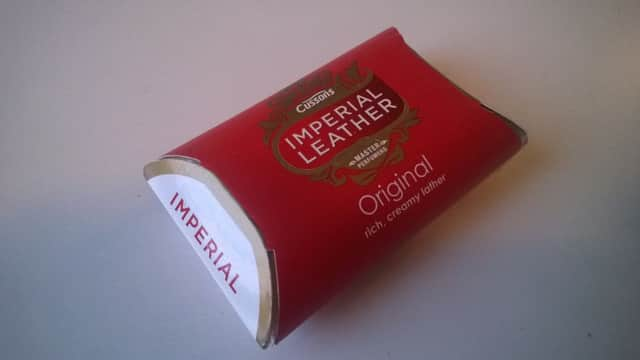Martin Flanagan: Soapy bubble for PZ Cussons as discounts impact


Many of the middle classes deserting the big supermarkets for the discounters Lidl and Aldi have been one of the noteworthy features of austerity.The less wealthy need a bargain, but the wealthy like a bargain. It was a similar picture with the rash of “value” shops that swiftly dotted high streets, such as the later to be merged Poundland and 99p Stores.
The penny dropped in every sense for shoppers that there were savings to be made in stretched household budgets in the area of utilitarian household products.
Advertisement
Hide AdAdvertisement
Hide AdThe trading warning yesterday from personal healthcare and consumer groods group PZ Cussons is the latest manifestation of this trend. The maker of mundane products such as Imperial Leather Soap, the St Tropez suntan range and Olympic Milk is the latest retailer to give warning that a noticeable mood of caution has descended on consumers as inflation exceeds average wages growth.
Price comparison and discounting right the way down to everyday products such as soap has become the name of the game. Cussons says as well as rising inflation affecting consumer behaviour there is also general economic uncertainty. People read papers, watch television, go on social media – it would be surprising if omnipresent Brexit coverage did not form something of a confidence-sapping backdrop for spending decisions, even subliminally.
And yet retail sales rebound
Although consumers are shopping cannily (see above item), retail sales rebounded to grow at their fastest pace for two years in the year to September. More than one in two retailers (56 per cent) reported a rise in sales this month compared with a year ago, while 15 per cent said they were down, giving a balance of +42 per cent – the highest since September 2015, according to the CBI Distributive Trades Survey of 117 firms. They are also more optimistic, with more than one in three anticipating a further rise in sales next month in comparison to the 14 per cent who expect a decline. The inference would seem to be that the sector is doing decently, but might be doing much better if consumers did not feel so strapped for cash. It seems unlikely, but the sector would welcome any fillip it could get in the upcoming Budget.